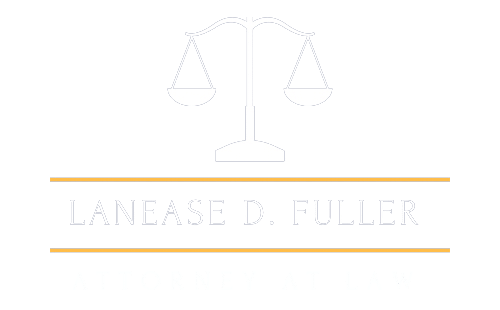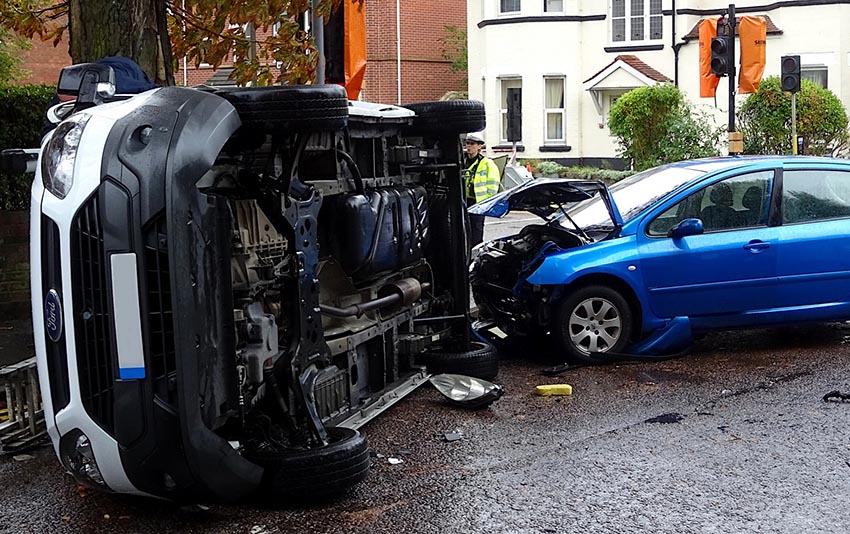It is best to think about what you should do after a car accident before it ever happens in order to prevent serious consequences and have a plan. Listed below is information to help you collect the proper information and safely navigate your case following a collision.
Check yourself for injuries
If you’re injured, call 911 or ask someone else to do so. If you’re seriously injured, try not to move, and wait for emergency personnel.
Check on the well-being of your passengers
If you’re not too hurt to move, check on the other passengers in your car. If anyone’s injured, get on the phone with emergency services or ask a bystander to call for help.
Get to safety
If you’re able to, move to the side of the road or a sidewalk. If your car is safe to drive and is causing a hazard where it is, pull it to the side of the road. Otherwise, leave it where it is and get yourself to safety.
Call 911
Whether an accident is considered a minor fender-bender or a major collision, calling the police is important — and in some states, it’s legally required. The responding officers will fill out an accident report and document the scene. If the police can’t come to the scene of the accident, you can go to the nearest police station and complete a report yourself, according to the III. When you file a claim with your insurer, they may ask for a copy of the police report to help with the claims process.
Wait for help
Turn off your engine, turn on your hazard lights and use the road flares in your emergency car kit to warn other vehicles to slow down.
Also, beware of bandit tow trucks, warns the National Insurance Crime Bureau. These are tow truck drivers you didn’t call who pull over and offer to help. It may be a scam. They’ve been known to persuade victims into letting them tow their vehicles to what turn out to be shady facilities that hold the vehicle hostage for an unreasonable payout.
Exchange information
After making sure you and any passengers are uninjured, exchange contact and insurance information with the other driver. According to the III, here’s the most important information drivers should exchange after an accident:
- Full name and contact information
- Insurance company and policy number
- Driver’s license and license plate number
- Type, color and model of vehicle
Location of accident
The III recommends that you avoid discussing fault when going over the facts with the other driver. When you file an insurance claim, the adjuster reviewing your claim will determine who’s at fault based on an inspection of the vehicles/property damaged, information provided by you and the other parties involved in the accident, and any supporting documentation, like the police report or photographs from the scene.
Document the accident
In order to help protect yourself, the III recommends taking the following steps:
- Identify the officers: Once the police arrive, get the name and badge number of all responding officers.
- Get a copy: Ask the police officers present where you can obtain a copy of the accident report. Your insurer may ask for a copy of the report when you file a car insurance claim.
- Take pictures: Document the accident thoroughly by taking pictures of your vehicle from different angles, showing the damage done to both cars. It might also be a good idea to take pictures of the other car’s license plate. You may be able to share photos with your insurer during the claims process to help support your claim.
- Take down names: Write down the names and addresses of all parties involved, including any passengers in the other vehicle.
- Talk to witnesses: If there were any witnesses to the accident, take down their names and their contact information, as well.
To help keep all of this documentation in order, you can keep this accident information page in your vehicle.
Notify your insurer and start the claims process
You may want to call your insurance provider while you’re at the scene or report your claim using your insurer’s mobile app, if they have one. That way, they can tell you exactly what they will need to in order to process your claim and what to expect during the claims process. If your vehicle is damaged, your insurer can arrange it to be towed directly to a certified body shop.
An accident can leave even the most seasoned driver frazzled, but following these steps may help protect you from unnecessary worries. That way, you can focus on working with your insurance company to get your vehicle repaired as smoothly and as quickly as possible.
What happens after I file the claim with my insurance company?
When you file an auto insurance claim, your insurance company will need information listed above. They’ll also likely assign an adjuster to inspect your vehicle for the damage to help determine fault in the accident and repair costs
Depending on your coverage, you may be reimbursed for the repairs or for your vehicle’s actual cash value if it’s totaled.
Notify the DMV, if necessary
Every state has certain requirements for reporting accidents to the DMV. Criteria may include the severity of damages, if anyone was injured and repair costs. Check with your local DMV for guidelines on reporting accidents.
Consult an Attorney After Accident
Have you been injured in an accident that was not your fault? Our experienced personal injury attorney can help you. We offer free consultations for medical malpractice, catastrophic injuries, wrongful death suits, motor vehicle accidents, and more. We work on a contingent fee basis, meaning you get the best personal injury attorney in the Houston area without any upfront costs to you.
Top Injury Attorney in Houston, TX
Attorney Fuller is a seasoned attorney with nearly three decades of experience representing a wide range of clients. This includes individuals who have suffered an injury due to another’s actions, individuals facing criminal charges, those who have been arrested for DWI, individuals who have found themselves in a civil litigation dispute, and those looking for legal guidance in business.
After filling out a client intake form, Attorney Lanease D. Fuller will take appropriate action in your case to help you get the results you are looking for. This includes but not limited to gathering evidence, going to trial, and earning a settlement that is appropriate for your specific situation. Reach out to us today to take the first step towards settling your case.
LANEASE D. FULLER LAW
4615 S. Frwy St. 820
Houston, TX 77051
713-439-7400
View our Google Listing


